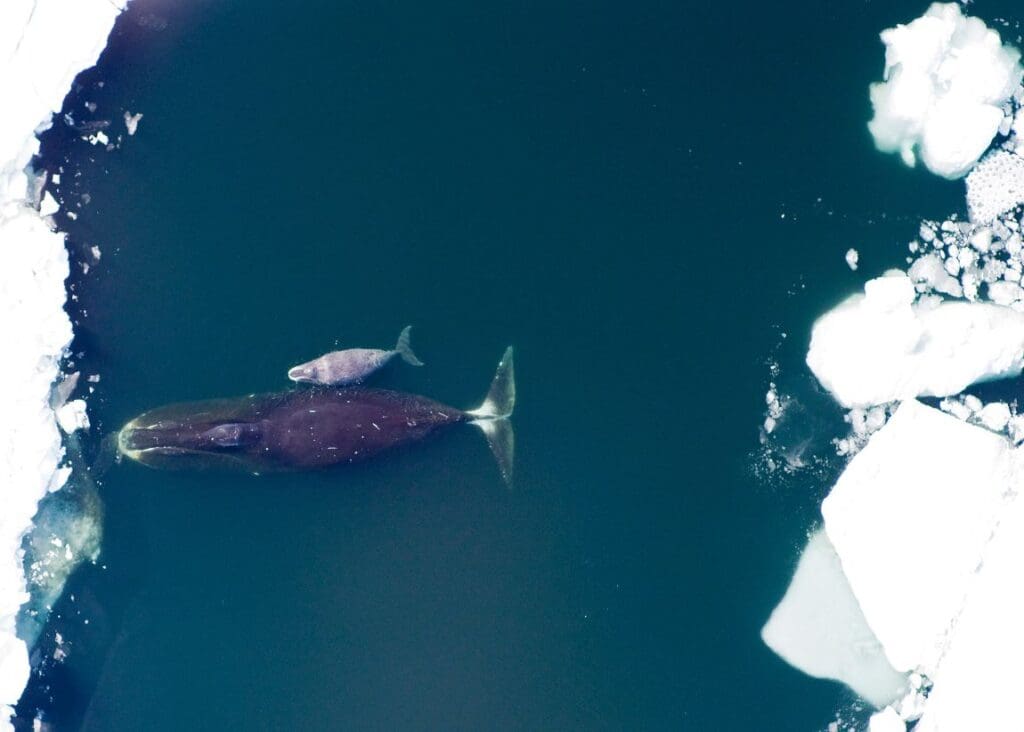Subtle temperature differences at the ocean’s surface are enabling the absorption of more carbon dioxide (CO₂) than previously estimated, according to recent research conducted by the University of Exeter and international collaborators. These findings reveal that the ocean skin, a layer of water only 0.01 millimeters thick, plays a significant role in drawing CO₂ from the atmosphere.
The global ocean, which already absorbs about a quarter of humanity’s CO₂ emissions, appears to be even more efficient at this task due to the slightly cooler temperature of its surface layer. This cooler water enhances CO₂ uptake, with the study suggesting the ocean absorbs about 7% more CO₂ each year than previously believed.
“Our findings provide measurements that confirm our theoretical understanding about CO₂ fluxes at the ocean surface,” said Dr. Daniel Ford from the University of Exeter, who led the study. This research, conducted in the Atlantic Ocean, found that the additional CO₂ absorbed globally is comparable to one and a half times the carbon captured by the Amazon rainforest growth annually.
Previous laboratory work had suggested that cooler water at the ocean surface should lead to increased CO₂ absorption. However, it was not until now that this phenomenon had been successfully observed at sea. The research team used precision measurements to capture minute variations in CO₂ levels at the ocean’s surface and in the air above, providing a clearer understanding of how this temperature difference facilitates carbon uptake.
“With the COP29 climate change conference taking place next month, this work highlights the importance of the oceans,” added Dr. Ford. “It should also help us improve the global carbon assessments that are used to guide emission reductions.”
The study’s findings are particularly timely, as global leaders prepare to assess strategies for reducing carbon emissions at the upcoming COP29 conference. The research team has already submitted their data to the Global Carbon Budget, an annual assessment that tracks CO₂ emissions and absorption by natural systems, such as oceans and forests.
Dr. Ian Ashton from the University of Exeter emphasized the collaborative nature of the study: “This work is the culmination of many years of effort from an international team of scientists. The European Space Agency’s support for science was instrumental in putting together such a high-quality measurement campaign across an entire ocean.”
The study also included contributions from Plymouth Marine Laboratory and the University of Southampton. It was funded by the European Space Agency, Horizon Europe, and the Natural Environment Research Council.
“This discovery highlights the intricacy of the ocean’s water column structure and how it can influence CO₂ draw-down from the atmosphere,” said Dr. Gavin Tilstone from Plymouth Marine Laboratory. “Understanding these subtle mechanisms is crucial as we continue to refine our climate models and predictions. It underscores the ocean’s vital role in regulating the planet’s carbon cycle and climate.”
The ocean’s ability to absorb CO₂ is vital in slowing the rate of climate change, although it comes with consequences. As more CO₂ is absorbed, the ocean becomes more acidic, which threatens marine ecosystems. This dual role of the ocean – as both a carbon sink and a vulnerable ecosystem – makes it essential to better understand the factors influencing its CO₂ absorption capacity.
Journal Reference:
Ford, D.J., Shutler, J.D., Blanco-Sacristán, J. et al. ‘Enhanced ocean CO2 uptake due to near-surface temperature gradients’, Nature Geoscience (2024). DOI: 10.1038/s41561-024-01570-7
Article Source:
Press Release/Material by University of Exeter
Featured image credit: kdekiara | Freepik




